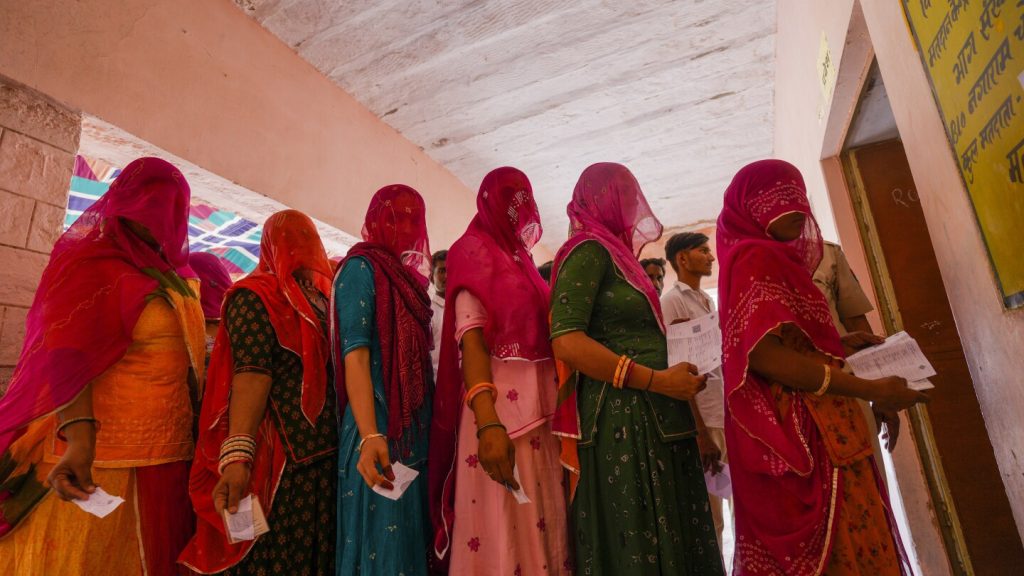In a year filled with big elections around the world, India’s election stands out due to its size and influence. With nearly 1 billion eligible voters, the country boasts the greatest number of WhatsApp users and YouTube subscribers. However, the election has been marred by misinformation and hate speech circulating online, with false claims about the process and calls for violence against certain groups. Tech companies like Google and Meta have promised to combat deceptive content, but researchers argue that their efforts have been inadequate, leading to harmful content that distorts public opinion and potentially incites violence.
Social media algorithms have been criticized for distorting voters’ perceptions of reality, leading to biases without their knowledge. Many users, like 49-year-old Rekha Singh, are concerned about the impact of this misinformation on the election. Despite complaints from public figures like actors Aamir Khan and Ranveer Singh regarding fake AI-generated videos, the spread of misinformation continues unabated. As researchers point out, tech companies have failed to effectively enforce their own policies, allowing harmful content to flourish and leaving voters unsure of what to believe.
The prevalence of misinformation in India’s election has raised concerns among researchers and activists who focus on disinformation. The lack of tailored approaches by tech companies to address India’s linguistic, religious, and cultural diversity has allowed harmful content to thrive. Groups like The London Story have called out Meta for allowing political advertisements and posts containing hate speech and violence against certain groups. Meta, however, defends its work on global elections and insists that it is taking steps to prevent the spread of misinformation ahead of the election.
YouTube has been identified as another platform where disinformation thrives in India. Researchers created fake ads with false voting information and calls for violence to test the platform’s enforcement of its rules. Despite submitting these ads to YouTube, they were approved for publication, raising concerns about the platform’s ability to tackle misinformation. With the rise of AI deepfakes, experts warn of the increasing threat of manipulated images and videos that could deceive voters. While efforts are being made to educate the public about deepfakes, the lack of clear regulation or laws leaves voters to discern the truth from fiction.
As India’s election unfolds, the spread of misinformation and disinformation online continues to be a significant concern. With tech companies struggling to effectively combat deceptive content, researchers and activists warn of the potential impact on public opinion and voter behavior. As voters like 18-year-old Ankita Jasra express uncertainty about what to believe, the need for greater transparency and accountability in addressing online misinformation becomes increasingly urgent. As the election progresses, the role of social media platforms in shaping public discourse and influencing voter perceptions remains a topic of critical importance.


